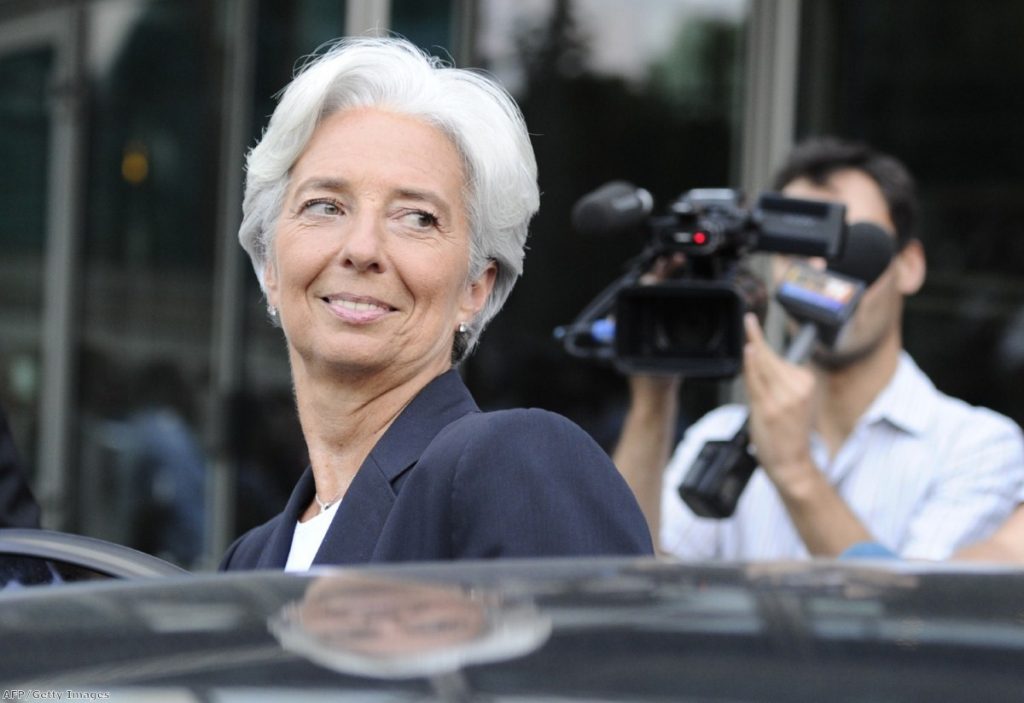Carry on cutting: IMF backs UK’s spending cuts ‘credibility’
The coalition's deficit reduction plan has received a strong endorsement from the International Monetary Fund (IMF).
Its chief Christine Lagarde told a press conference that Britain had earned "credibility" for its decisive action to reduce the deficit.
"The gain that resulted from the fiscal consolidation that was decided two years ago has been that result, the credibility of the UK government and its ability to borrow at extremely favourable rates," she said.
"Sometimes you feel like you could look back and wonder 'what if?'. And when I think back myself to May 2010, when the UK deficit was at 11%, and I try to imagine what the situation would be like today if no such fiscal consolidation programme had been decided… I shiver."


Shadow chancellor Ed Balls acknowledged that action has to be taken to reduce the deficit, but quoted Ms Lagarde warning that "the right pace is essential".
"In Britain cutting spending and raising taxes too far and too fast has backfired, with the resulting slow growth and high unemployment meaning the government is set to borrow an extra £150 billion and borrowing last month higher than a year ago," he commented.
Opposition concerns about the pace of the cuts, which Labour would have deferred until the 2015/20 parliament, were reflected to an extent in the IMF's report.
It warned: "To preserve the United Kingdom's strong fiscal credibility, any changes in spending should be part of a multi-year plan focused on further reducing the country's large structural fiscal deficit when the economy is stronger."
The IMF also suggested that interest rates could be cut further, below the current 0.5% rate, if the economy continues to struggle.
The debate comes as the coalition saw inflation fall below three per cent for the first time since the Conservatives and Liberal Democrats entered government.
That means Bank of England governor Sir Mervyn King does not have to write a letter of explanation to George Osborne.
"This brings welcome relief to families on tight budgets and the Bank of England expects inflation to continue to fall further over the next year or so," the chancellor said.
"Unemployment has also fallen this month, but it remains too high and we need to do even more to help."
Howard Archer of IHS Global said the drop to 3.0% in April paved the way for more quantitative easing if the economy continues to struggle or is seriously affected by events in Greece.
"We believe that underlying inflationary pressures will gradually ease due to appreciable excess capacity, extended muted economic activity, and ongoing wage moderation amid substantial labour market slack," he predicted.

